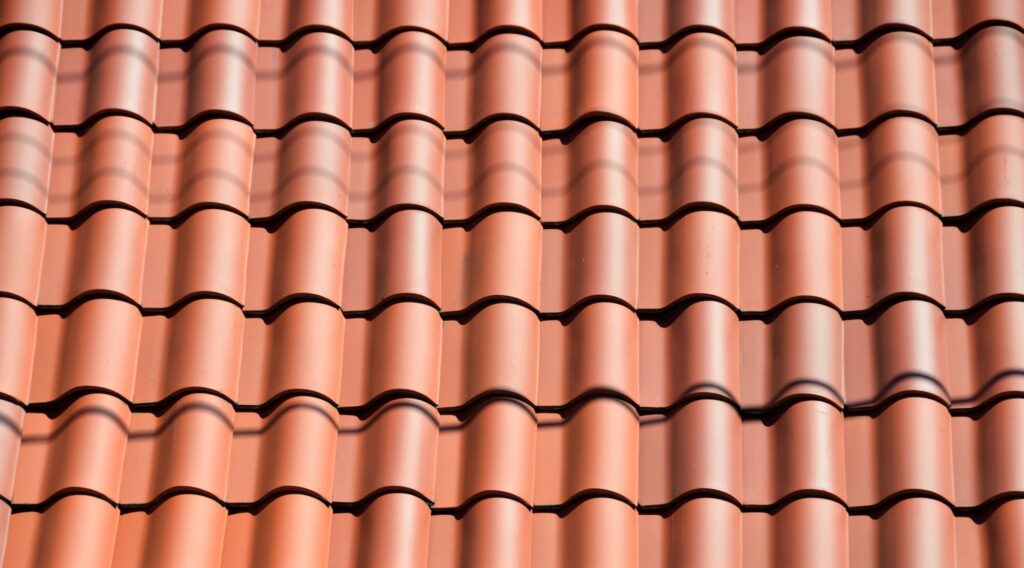Are you thinking about buying a home? You’ve probably heard about two types of insurance that are required for mortgage payments.
This sound similar, but there are some clear differences in what they provide and who you buy them from. Before you choose a mortgage, it’s good to know the differences between mortgage insurance vs homeowners insurance.
Keep reading to learn more.
What Is Mortgage Insurance?
Mortgage insurance is insurance that lenders require from borrowers who get loans with a down payment of less than 20 percent of the home’s value, or who choose not to purchase private mortgage insurance.
It protects the lender if the borrower defaults on the loan.
Types of Mortgage Insurance
Mortgage insurance is insurance that protects a lender or investor in the event that a borrower defaults on their mortgage payments. There are two types of mortgage insurance, private mortgage insurance (PMI) and Mortgage Insurance Premium (MIP).
Private Mortgage Insurance
Private mortgage insurance is insurance that protects the lender in the event that the borrower defaults on their mortgage payments.
The insurance is paid for by the borrower, and it allows the lender to offer loan terms that are more favorable to the borrower.
Private mortgage insurance is usually required when the borrower has a down payment of less than 20% of the purchase price of the home.
Mortgage Insurance Premium
Mortgage insurance premium (MIP), on the other hand, is an insurance policy used in conjunction with FHA loans if your down payment is less than 20 percent.
The premium is added to your monthly mortgage payment and protects the lender in the event that you default on your loan.
What Is Homeowners Insurance?
Homeowners insurance is insurance that is purchased by the homeowner to protect the home and its contents from damage or loss. In the event that the home is damaged or destroyed, the homeowners insurance will pay for the repairs or replacement of the home.
Differences Between Mortgage Insurance vs Homeowners Insurance
There are a few key differences between mortgage insurance and homeowners insurance.
First, mortgage insurance is typically required if you have a loan with a low down payment. Second, mortgage insurance protects the lender in the event of default, while homeowners insurance protects the homeowner.
Third, the premium for mortgage insurance is usually paid by the borrower, while the premium for homeowners insurance is usually paid by the homeowner. Finally, mortgage insurance typically has a lower deductible than homeowners insurance.
If you’re still confused about which is right for you, check this page and set up a consultation now!
What Are the Benefits of Mortgage Insurance?
Mortgage insurance is a type of insurance that protects lenders from the financial risks involved in lending money to borrowers for the purchase of a home.
Mortgage insurance can be either private or public, but most lenders require borrowers to purchase private mortgage insurance (PMI) if they are unable to make a down payment of 20% or more.
Mortgage insurance protects the lender in the event that the borrower defaults on their loan, and can also help borrowers who are unable to make a high down payment by allowing them to finance a larger loan.
What Are the Benefits of Homeowners Insurance?
There are many benefits of homeowners insurance, but three of the most important are that it can help protect your home, possessions, and finances.
If your home is damaged or destroyed, homeowners insurance can help pay to repair or rebuild it. If you’re sued, it can help pay for your legal fees.
And if you have to live somewhere else while your home is being repaired, it can help pay for your temporary housing.
Homeowners insurance can also save you money by providing discounts on your homeowner’s policy if you have other policies with the same company.
How Mortgage Insurance and Homeowners Insurance Can Work Together
Mortgage insurance and homeowners insurance can work together to protect your home.
Mortgage insurance can help to protect your home from lender claims if you default on your loan, and homeowners insurance can help to protect your home from damage or loss.
Together, these two types of insurance can help to keep your home safe and secure.
Cost of Mortgage Insurance
The cost of mortgage insurance depends on the type of loan you have, the amount of your down payment, and the term of your loan.
For example, if you have a conventional loan with a small down payment, you may be required to pay private mortgage insurance (PMI). The cost of PMI varies but is typically between 0.5% to 1% of the loan amount.
If you have an FHA loan, you’ll be required to pay mortgage insurance premiums (MIP), which are lower than PMI but are still a significant cost. The MIP rate is currently 0.85% of the loan amount and is paid annually.
Cost of Homeowners Insurance
The cost of homeowners insurance is determined by a variety of factors, including the value of your home, the age and condition of your home, the location of your home, the amount of coverage you need, and the amount of deductibles you are willing to pay.
The average cost of homeowners insurance is $1,000 per year, but this can vary significantly depending on your individual circumstances.
If you are looking to save money on your homeowners insurance, it is important to compare rates from different insurers and to choose the deductibles and coverage limits that are right for you.
Get To Know These Insurances for Your Future
Mortgage insurance vs Homeowners insurance are both important forms of protection for your home.
Mortgage insurance protects your lender in the event that you default on your loan, while homeowners insurance protects your home and belongings in the event of damage or theft.
While both types of insurance are important, you may only need one or the other depending on the type of home loan you have. Be sure to talk to your lender and insurance agent to determine which type of insurance is right for you.
Did you find this article helpful? Check out the rest of our blog for more!





Leave a Reply
You must be logged in to post a comment.